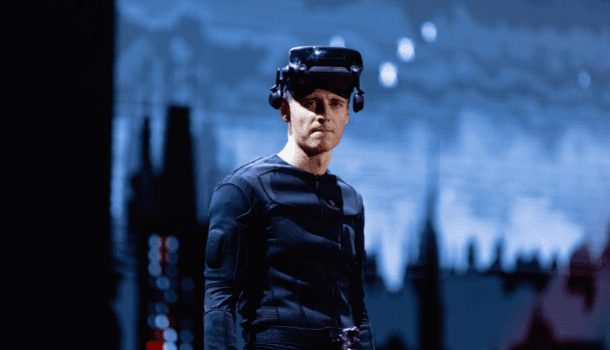When Technology and Psychology Meet

In the past decade, our daily lives have been changed by the omnipresence of technology. It has become our “new normal” to give our full attention to our phone the moment we wake up and do the same just before falling asleep. This attachment to our non-stop sources of information and communication gave rise to the concept of digital anxiety and phone separation anxiety concepts (Rodríguez-García, Moreno-Guerrero, & Lopez Belmonte, 2020).
However, technology has also opened new and unexpected ways of building better mental health habits and helping those who struggle with mental health. Smartphones are now a helping hand in assessing mental health, part of treatment, and offer a way to reach out to a wide range of psychotherapists (for example Better Help). Recent research shows that this new approach to mental health can reduce self-stigma, reduce disparities in mental health access, and improve treatment adherence (Areán, Ly, & Andersson, 2022; Lopez, Schwenk, Schneck, Griffin, & Mishkind, 2019; Ralston, Andrews, & Hope, 2019).
Fascinating new applications of technology in psychology include the use of virtual reality, AI, and robotics.
For those who have experienced severe trauma in their life, we can now use virtual reality environments as a practical way to help the cognitive-behavioral therapeutic process of exposure and flooding (Emmelkamp & Meyerbröker, 2021). One such example is the use of environments war veterans were exposed to at the time of trauma that caused them to develop PTSD. Similarly, to help patients with schizophrenia who experience auditory hallucinations, therapists now can create a digital avatar that mimics the patient’s source of hallucinations (Dellazizzo, Percie du Sert, Phraxayavong, Potvin, O’Connor, & Dumais, 2018). Both of these approaches have shown to be effective in lowering the severity of symptoms and helping improve quality of life.
Artificial intelligence applications in psychology, psychotherapy, and psychiatry have rapidly developed. While we can use the help of AI to predict future mental health needs or treatment outcomes, a surprising application of AI is in psychotherapy. While the importance of human interaction in psychotherapy has been considered one of the key aspects of therapy effectiveness, AI is challenging this notion with the emergence of AI therapeutic chat-bots. This new approach offers several benefits, from instant access to help, the ability to bypass the sources of stigma related to psychotherapy, and the accessibility to anyone with an internet connection. However, the main challenges are data security, perception of a lack of empathy, and questions regarding the quality of design of such an AI (Aktan, Turhan, & Dolu, 2022).
What the next ten years will bring is unknown; the future is certainly exciting.
Aktan, M. E., Turhan, Z., & Dolu, İ. (2022). Attitudes and perspectives towards the preferences for artificial intelligence in psychotherapy. Computers in Human Behavior, 107273.
Areán, P. A., Ly, K. H., & Andersson, G. (2022). Mobile technology for mental health assessment. Dialogues in clinical neuroscience.
Dellazizzo, L., Percie du Sert, O., Phraxayavong, K., Potvin, S., O’Connor, K., & Dumais, A. (2018). Exploration of the dialogue components in avatar therapy for schizophrenia patients with refractory auditory hallucinations: A content analysis. Clinical psychology & psychotherapy, 25(6), 878-885.
Emmelkamp, P. M., & Meyerbröker, K. (2021). Virtual reality therapy in mental health. Annual Review of Clinical Psychology, 17, 495-519.
Lopez, A., Schwenk, S., Schneck, C. D., Griffin, R. J., & Mishkind, M. C. (2019). Technology-based mental health treatment and the impact on the therapeutic alliance. Current psychiatry reports, 21(8), 1-7.
Ralston, A. L., Andrews III, A. R., & Hope, D. A. (2019). Fulfilling the promise of mental health technology to reduce public health disparities: Review and research agenda. Clinical Psychology: Science and Practice, 26(1), e12277.
Rodríguez-García, A. M., Moreno-Guerrero, A. J., & Lopez Belmonte, J. (2020). Nomophobia: An individual’s growing fear of being without a smartphone—a systematic literature review. International Journal of Environmental Research and Public Health, 17(2), 580.
UNYP Chronicle Newsletter
The e-mail address you provide will be used only to send you the newsletter. Your privacy is important to us.

Contacts
University of New York in Prague
Londýnská 41, 120 00 Praha
ID no: 25676598
Phone:
+420 224 221 261
Email: unyp@unyp.cz










